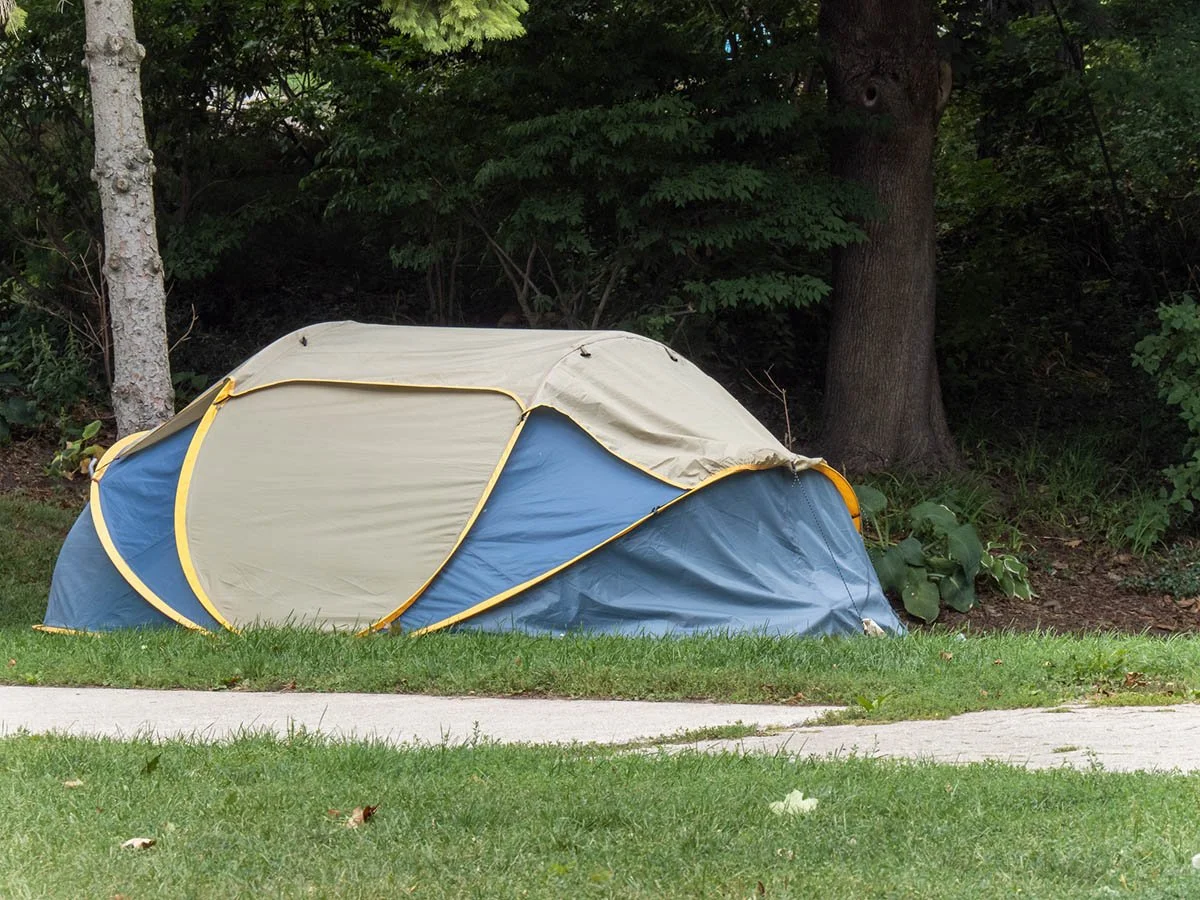Frequent rural ER closures highlight gaps in Canada’s emergency care system
In rural Canada, hospitals are experiencing frequent and prolonged emergency room closures—many so often that they are “closed more often than they are open,” exposing a national healthcare crisis.
In an op-ed for The Globe and Mail, André Picard highlights the findings of an investigative effort by Globe journalists showing that “Canadian ERs closed their doors for at least 1.14 million hours since 2019.” Despite this staggering figure, “most provinces and territories don’t collect this crucial information in any systemic fashion,” revealing a dangerous lack of transparency and accountability.
Picard argues that the root cause is a staffing shortage, especially of nurses, and challenges the notion that all small-town hospitals should maintain ERs that function in name only: “If an ER is closed 80 per cent of the time, is it really an ER?” He calls for a bold reimagining of emergency care: strengthening primary care, creating regional urgent care centres, and deploying advanced paramedics to bridge the rural-urban gap.
“The numbers we have about ER closures tell us that the current situation is untenable. We need a better approach, no matter how politically unpalatable it may seem on the surface,” Picard writes.
In response, the Society of Rural Physicians of Canada wrote: “Canada needs to build a robust system in which physicians and teams are supported to provide high quality care that is locally and regionally accessible. We need both a Canadian rural health strategy and a rural health workforce strategy that includes doctors, nurses, paramedics and others in order to provide the high quality care in a reliable system that all Canadians – including those who live in rural and remote settings – deserve. We at SRPC are engaged in just this work and look forward to the time when we can present our findings and help to lead the way in high quality care for all Canadians that is close to home and cost-effective.”
YOU MIGHT ALSO LIKE



